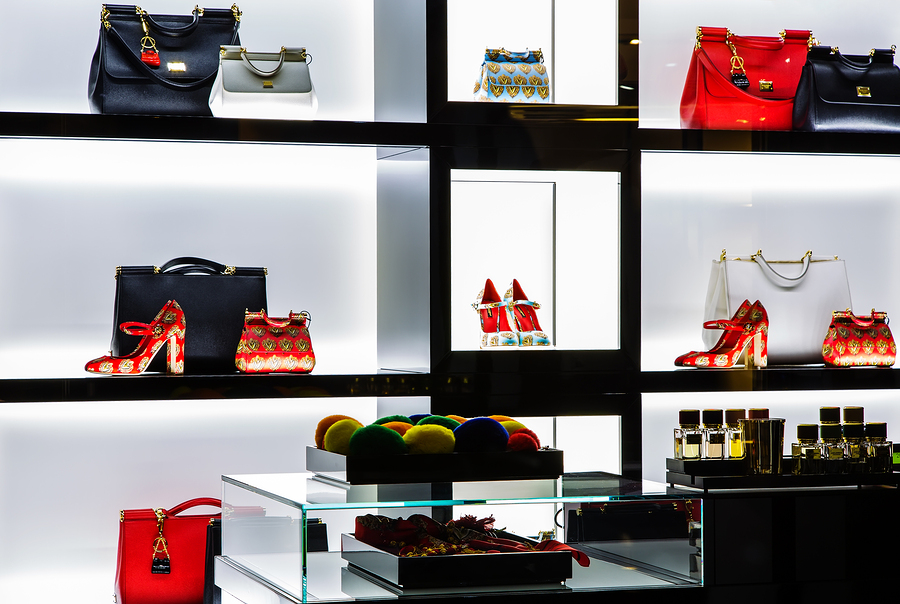Selling in the luxury industry is one of the only sectors that does not experience crises. The figures are not declining and all reports reflect prospects of growth. Coco Chanel, Louis Cartier, Albert Lancel were not merely innovative creators. The brands that they created have survived them because they were also pioneers in marketing. The men and women who create luxury must also have talent. The same applies to those who sell it.
When a single sale can reach several hundred thousand dollars, the attention paid to the customer matches the amount at stake. The seller in the luxury industry must therefore adapt to his customer to offer a tailor-made service and improve customer loyalty. Especially in this field, today’s customers are international. The first question to ask is, what nationality is the customer? Indeed, a jewel is not sold in the same way to a Chinese tourist as to a wealthy Montrealer.
The secret of selling in the luxury industry is personalizing and anticipating
Personalized service must take place by attention to detail and the specific attention paid to each customer. Each of them must have the impression of being unique. This is where luxury brands make the difference: there is no room to manoeuvre between what is stated in the promise and the reality of the customer’s experience.
In addition, in the luxury sector, it is not enough to meet the customer’s needs, it is essential to anticipate them and even go beyond them. Each interaction must therefore be prepared with care. For example, let’s say you are a salesperson in a luxury boutique. Your customer is pregnant and preparing to sit down. Go and get a cushion for her back before she asks for it.
Living an experience
Selling in the luxury industry is creating a customer experience. A professional who applies the codes of luxury will be able to rely on his complete knowledge of the products and the history of his company to make his customer dream and generate a desire to buy.
Indeed, selling luxury means transforming a product into an original experience. Beyond the product, those who buy luxury want to experience emotions, a moment of unforgettable happiness or to be part of an exceptional history. For example, if you are presenting a luxury hotel to a customer who needs to arrange a seminar,, you will emphasize the beauty of the spaces, the height of the ceilings, the breathtaking view, the original frescoes and anecdotes related to the history of the place. You will then seek to build on the values of the customer and his company in line with the values of the brand.
Selling in the luxury industry is adopting the values of the brand
All recruiters will tell you that selling in general and even more so for selling in the luxury field are activities of meetings. The qualities sought are therefore primarily human: a good education, being very open to others, kindness. It’s also essential to know how to be persuasive and reassuring, and to be able to support the most demanding customers.
Of course, sales performance is important and requires a competitive spirit. But delicacy and sales effectiveness can work very well together.
Also, as a salesperson, by your approach and physical appearance you must embody the brand that you represent. Be impeccable from head to toe. Representation of a brand also includes the choice of meeting venues, pictures or photos of the product, etc. Finally, your non-verbal and verbal behaviour should aim for excellence to be in harmony with your counterpart.
In short, you need to adopt a simple and natural form of persuasion. And above all, keep in mind that many customers love to buy but hate to be sold… Selling with the codes of luxury means transforming this precept into a daily behavioural reality.
